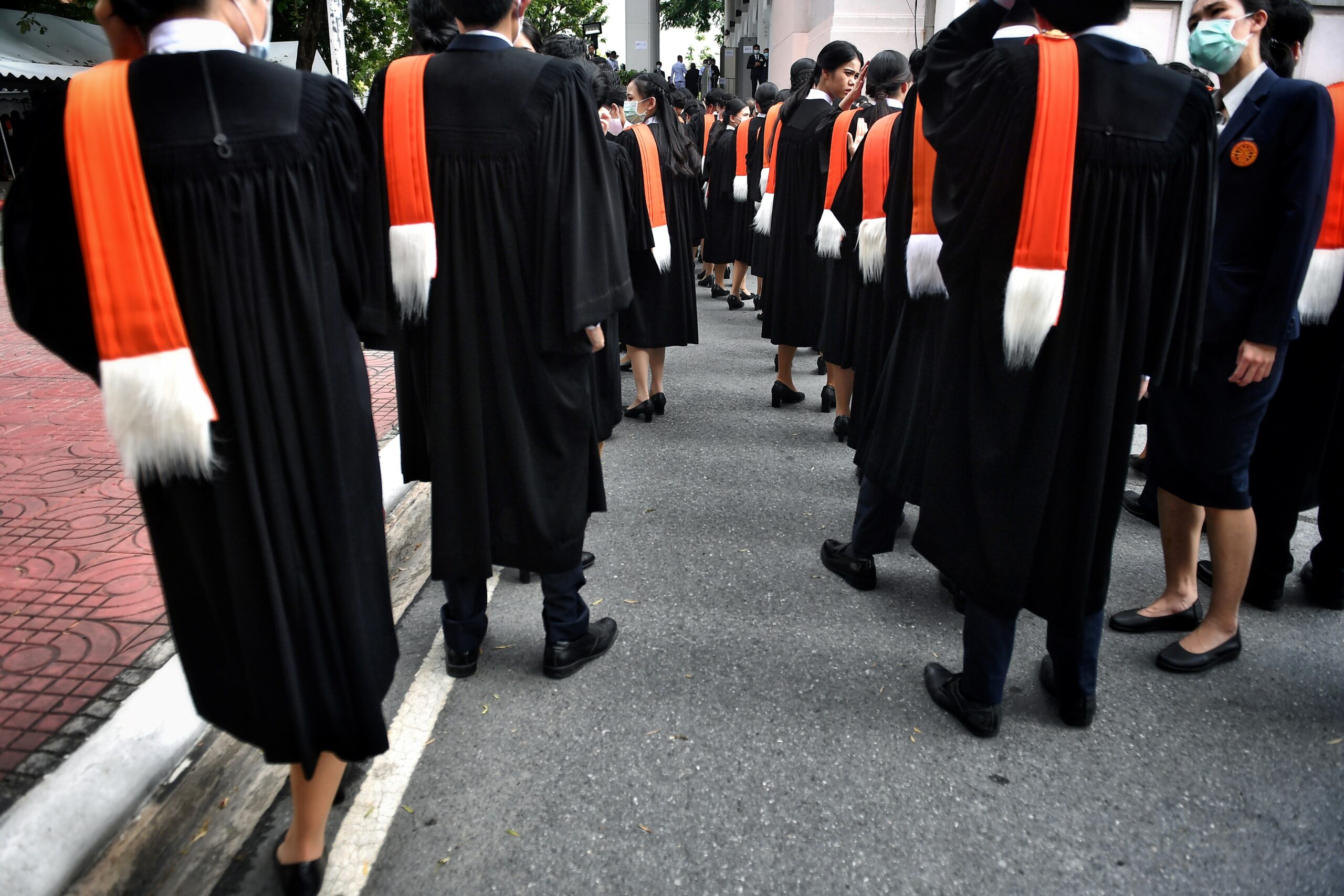Well-designed education and training programs for the jobs of the future are essential. With this in mind, the Covid-19 pandemic has presented an opportunity by contributing to a surge in technology development, remote working and learning.
The global health crisis also has created new challenges and opportunities for reforming higher education. With ASEAN continuing to grapple with the pandemic and its impact on the regional economy, the education sector must rapidly adapt to new challenges.
Historically many universities within ASEAN have Memorandums of Understanding (MoU) and double-degree programmes. The missing component is a clear strategy to build bridges for practical cooperation that increases the quality of higher education and regional competitiveness.
Different systems of education with different histories pullulate. Every country in the world has drafted its educational approach grounded in its cultural values and economic needs. During the 18th and 19th centuries, Europeans spread throughout Africa and Asia, leaving behind their administrative systems, railroads and a variety of educational establishments.
Some ASEAN member nations inherited the British education system through hundreds of seminaries, sodalities, schools and universities espousing English as a medium of instruction. The Philippines evolved its approach with the country’s Spanish heritage while also adopting English as a medium of instruction.
The kindergarten was developed as early as 1837 by Friedrich Froebel, a German leftist and educator. During the next two centuries, numerous countries followed his system and developed children’s education stretching from kindergarten through grade 12.
That spirit of development must continue as the pandemic forces change on all aspects of society, including higher education.

Motivation to innovate and thrive in a digital-first economy has become more intense in the last two years during the health crisis. Every university wants to innovate to survive and remain part of the evolving educational ecosystem.
The ASEAN University Network (AUN) serves as a platform for leading advanced education institutions within the region to work together to reach new heights.
The network came into being in 1995 when the AUN charter was inked by ministers responsible for advanced education in member countries. Although formed to develop a regional collaboration, the charter failed to create a cohesive ASEAN identity and programmes to narrow the development gap.
In the last 25 years, AUN developed several initiatives. Sadly, different education policies, systems and standards in member countries did not share a vision to foster high-quality degree programmes.
The time has come for ASEAN to establish robust joint-degree programmes. Call it the E-A, E-AEC or E-ASEAN degree, the initiative would be crafted with a standard curriculum taught in English (E) only.
There are four tangible benefits of the E-ASEAN degree strategy. The programme would reduce disparities in curricula and enhance the quality of degree programs within the block, facilitate overall English proficiency in the region, act as an equaliser by using similar educational pedagogies and technologies and help attract foreign talent to study under expert teachers using common standards.
A joint degree will require forging partnerships in a new ecosystem where member countries value shared curriculum, technologies and joint operational initiatives. This will lead to better experiences and career opportunities for students and the possibility of new products such as ASEAN university games, seminars and conferences, travel services and merchandise.
Providing an ASEAN student card, visa and work permit also would make the degree more attractive to prospective students.
Universities are critical to leading significant societal and global challenges through effective transnational collaboration
As proof of its possibility, there are plans underway in the European Union to create a distinct EU degree with similar goals.
Member nations must develop a distinctive approach for an ASEAN degree during these trying times. If implemented, the degree would promote mobility and the employability of a highly educated and skilled workforce across the region. English proficiency is an added value that could drastically improve the curriculum quality and delivery mechanisms.
A core belief bolstering this project is that universities are critical to leading significant societal and global challenges through effective transnational collaboration. In the forthcoming years, such strategies will be essential for sustained growth entrepreneurship and the development of new employment opportunities.
Undoubtedly, implementing such a flagship initiative will require collaboration at the national and regional levels, but a strong partnership through transparent policies could ensure the establishment of a joint ASEAN degree.
In 20 years, all ASEAN countries will become ageing societies. A joint degree will help build the capacity to deal with this looming crisis. The programme also will create new opportunities for young graduates to work anywhere in the region.
Looking at the ASEAN track record in education, research, innovation policy and funding, this goal may seem impossible. The implementation would require member countries to reduce all barriers to university collaboration in education and research. This unique strategy also requires new momentum from the bloc’s 10 governments to take action through legislation, policy and funding.
ASEAN universities, however, will become more outward-looking and competitive globally through such a bold initiative. In the end, ASEAN’s attractiveness as a study destination and global partner in education, research and innovation will receive a necessary and lasting boost.
Kuldeep Nagi, Ph.D., is a Fulbright fellow from Seattle working at Assumption University, Bangkok.


